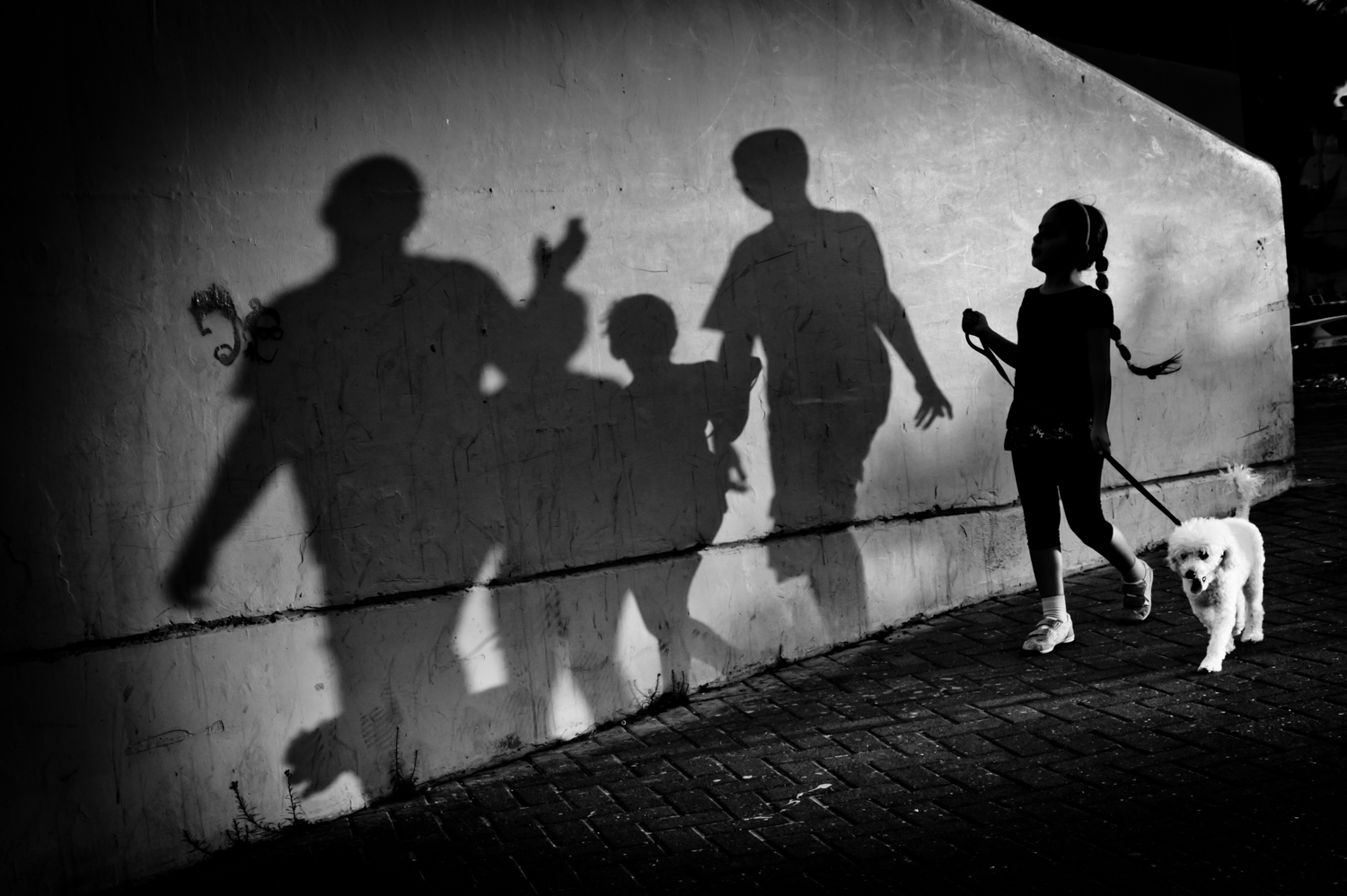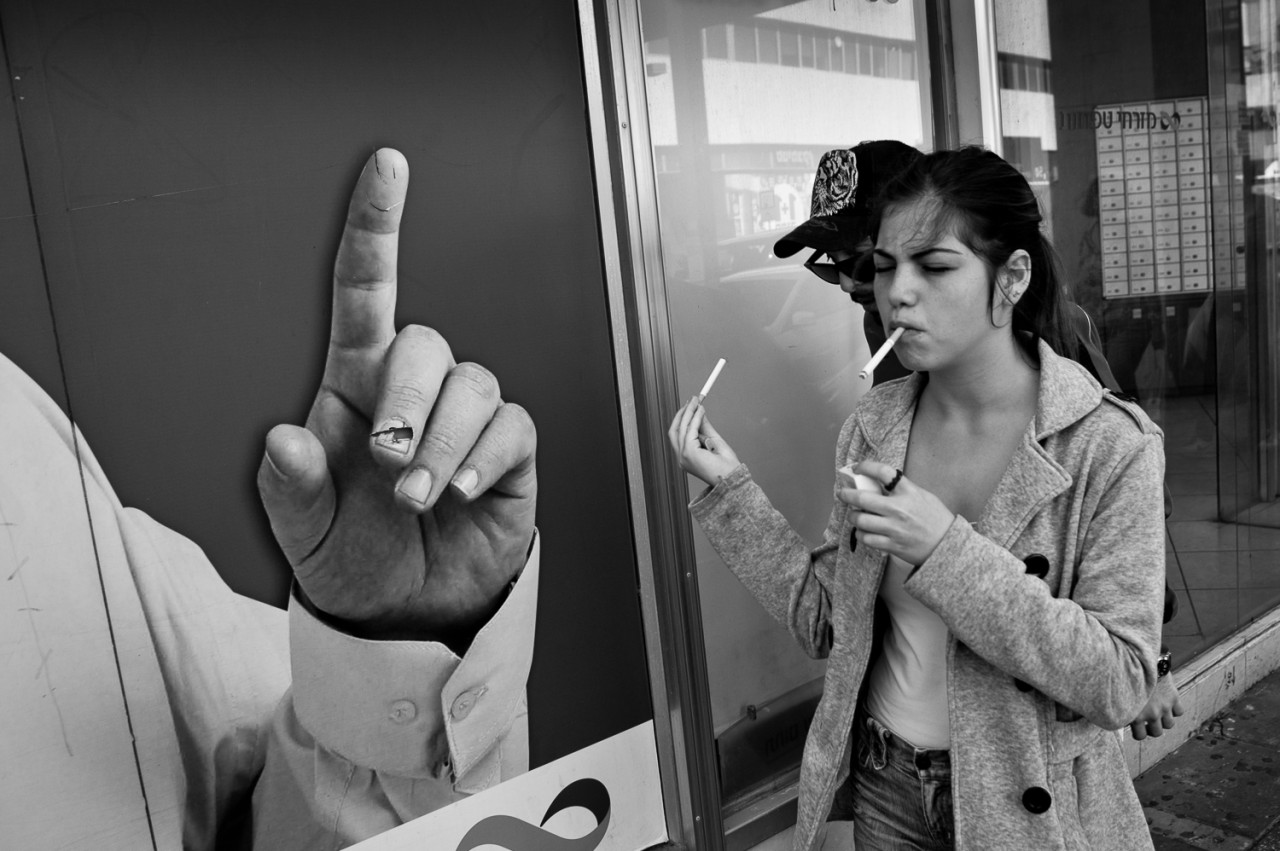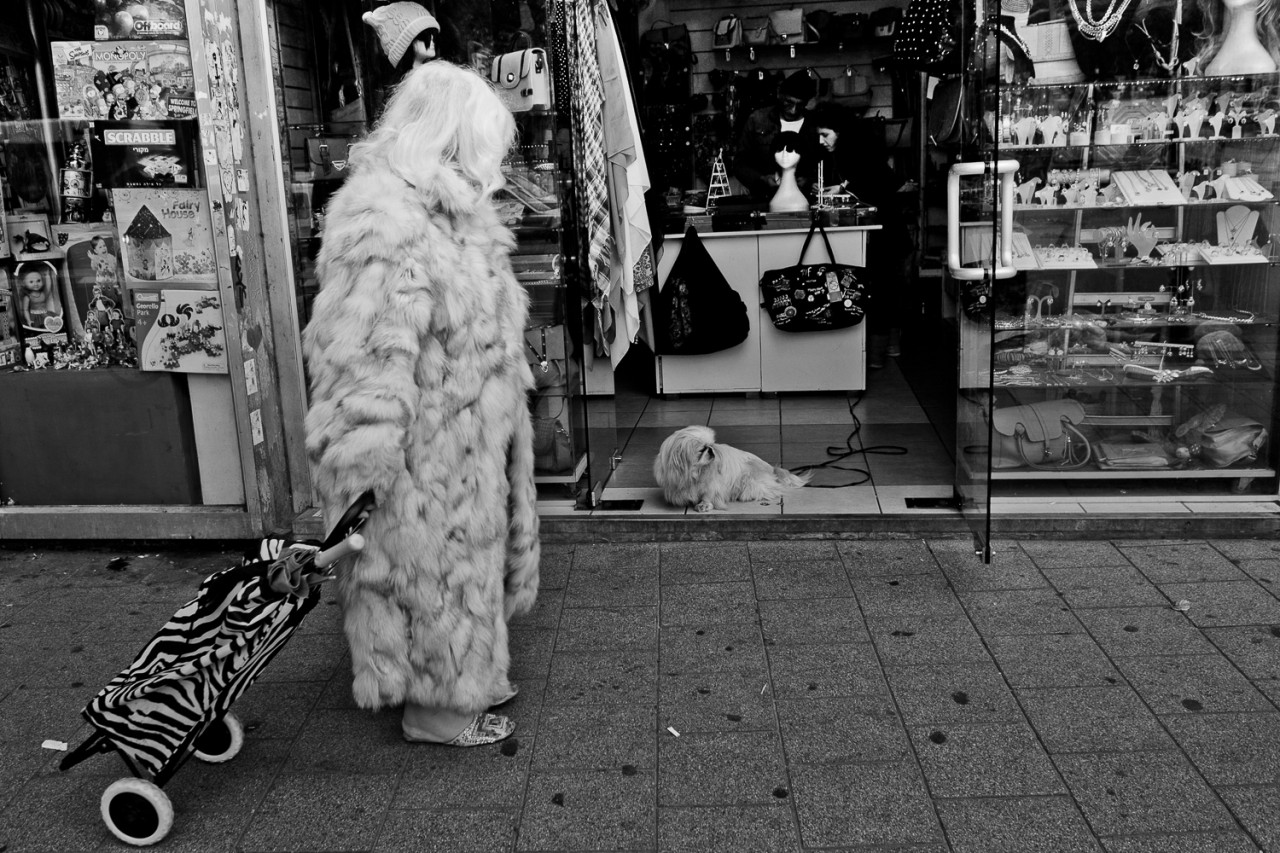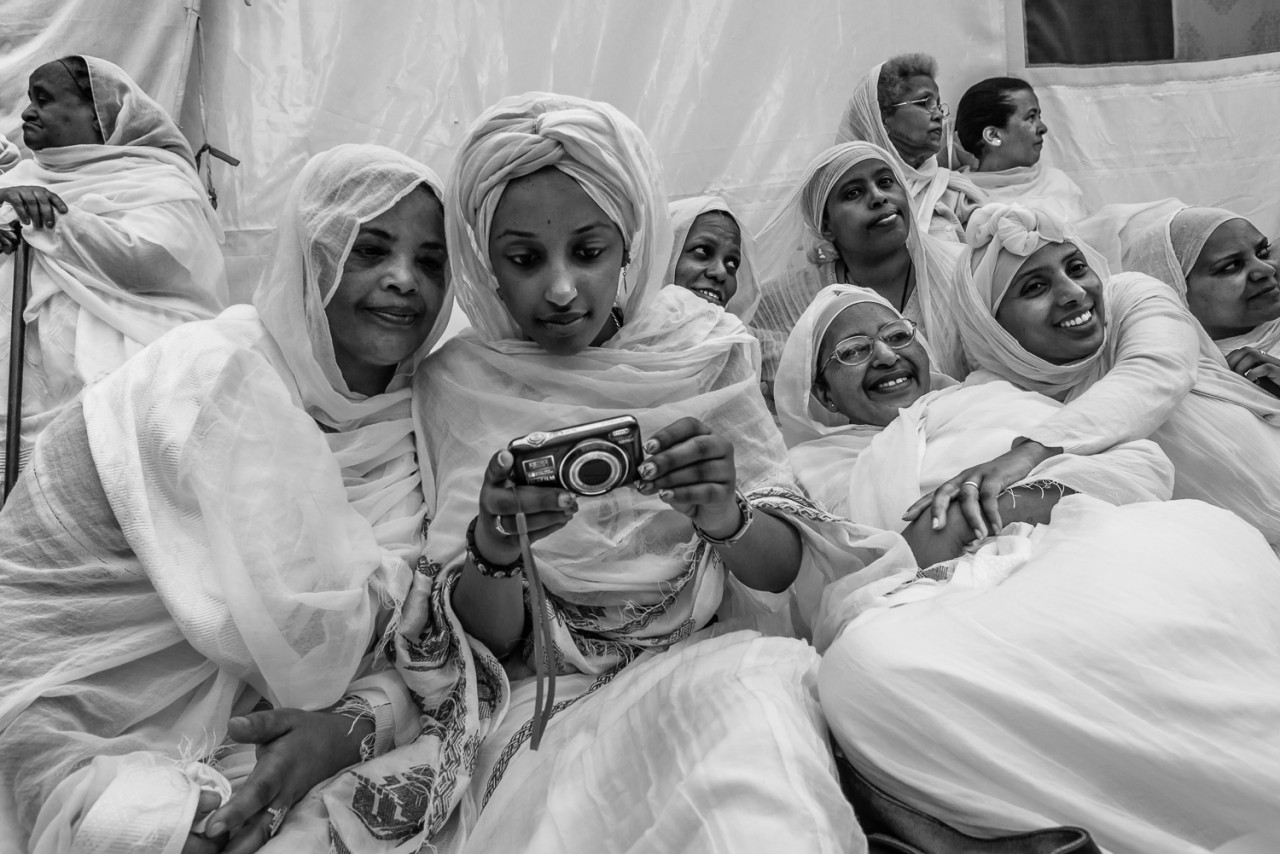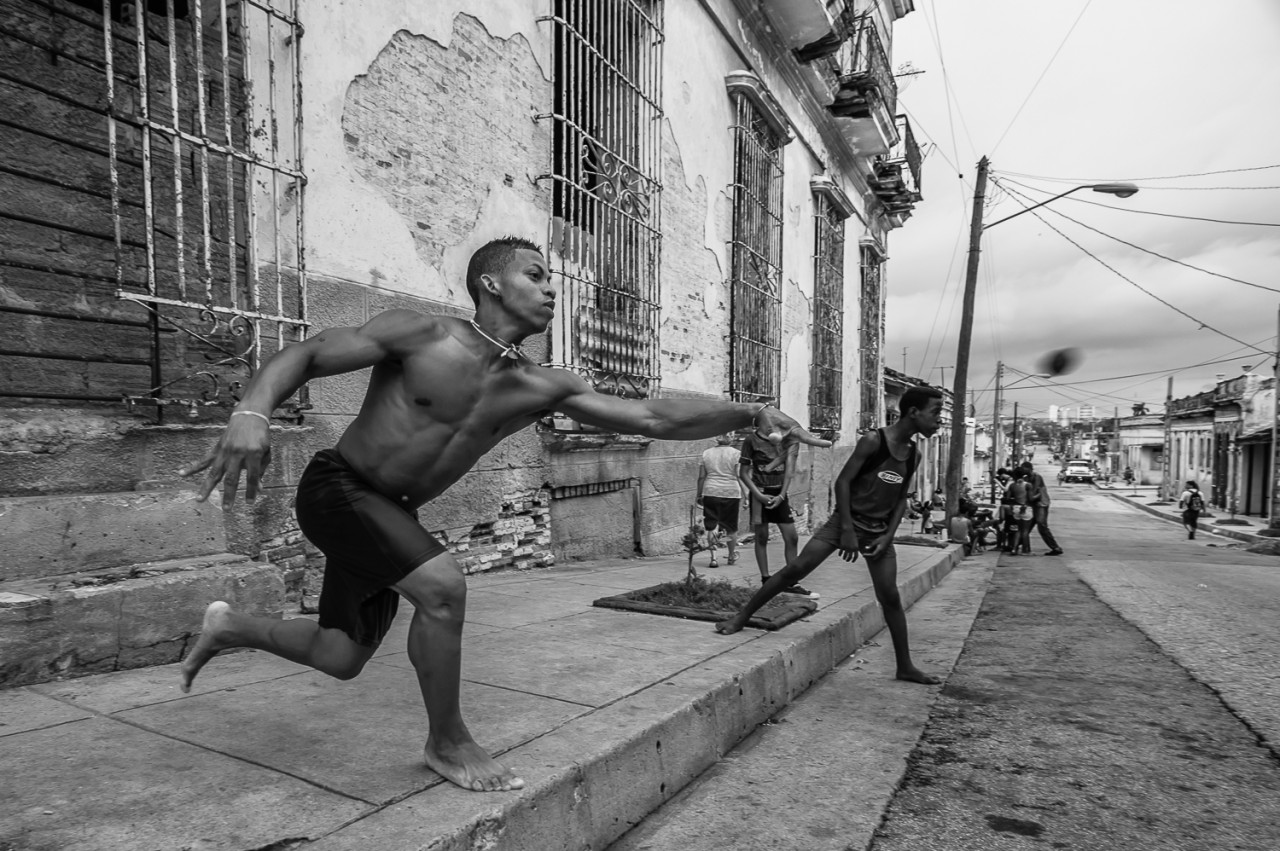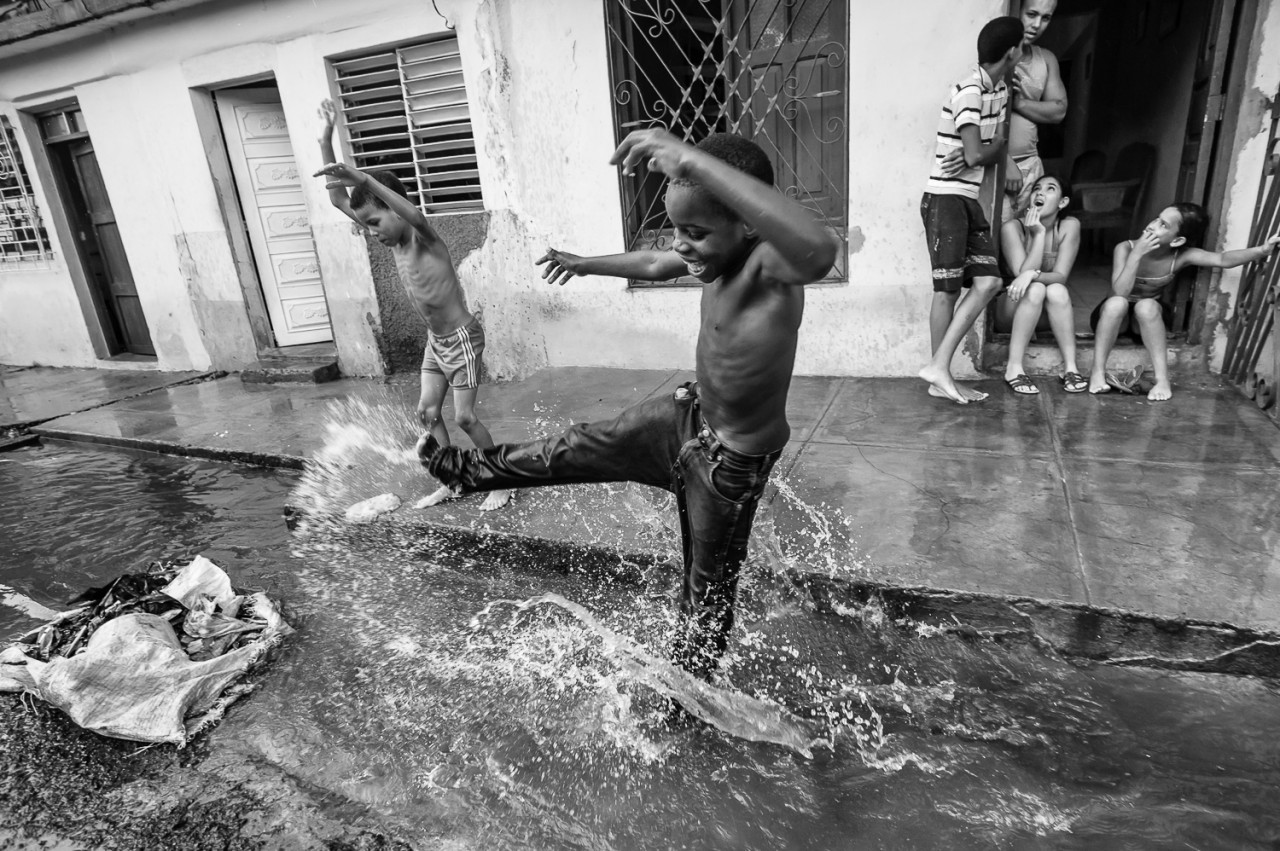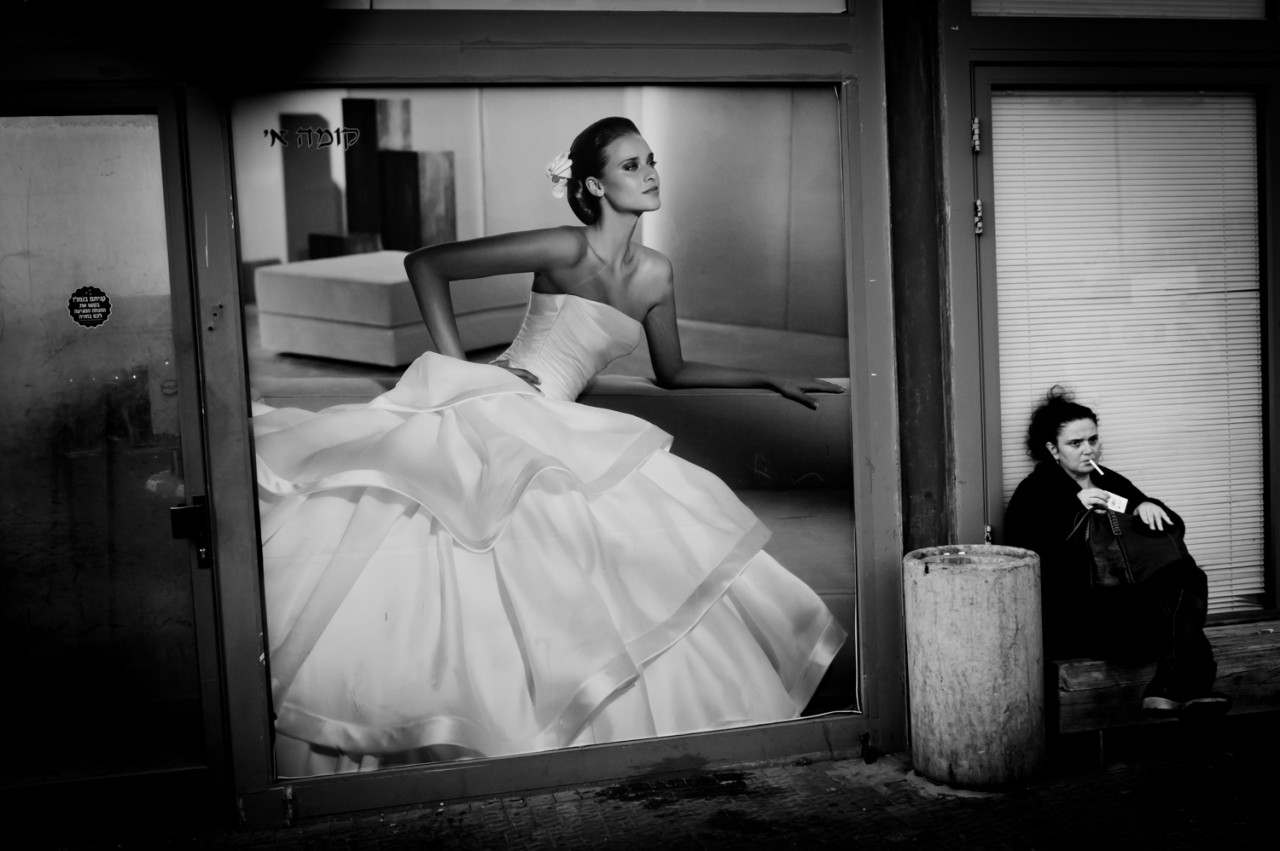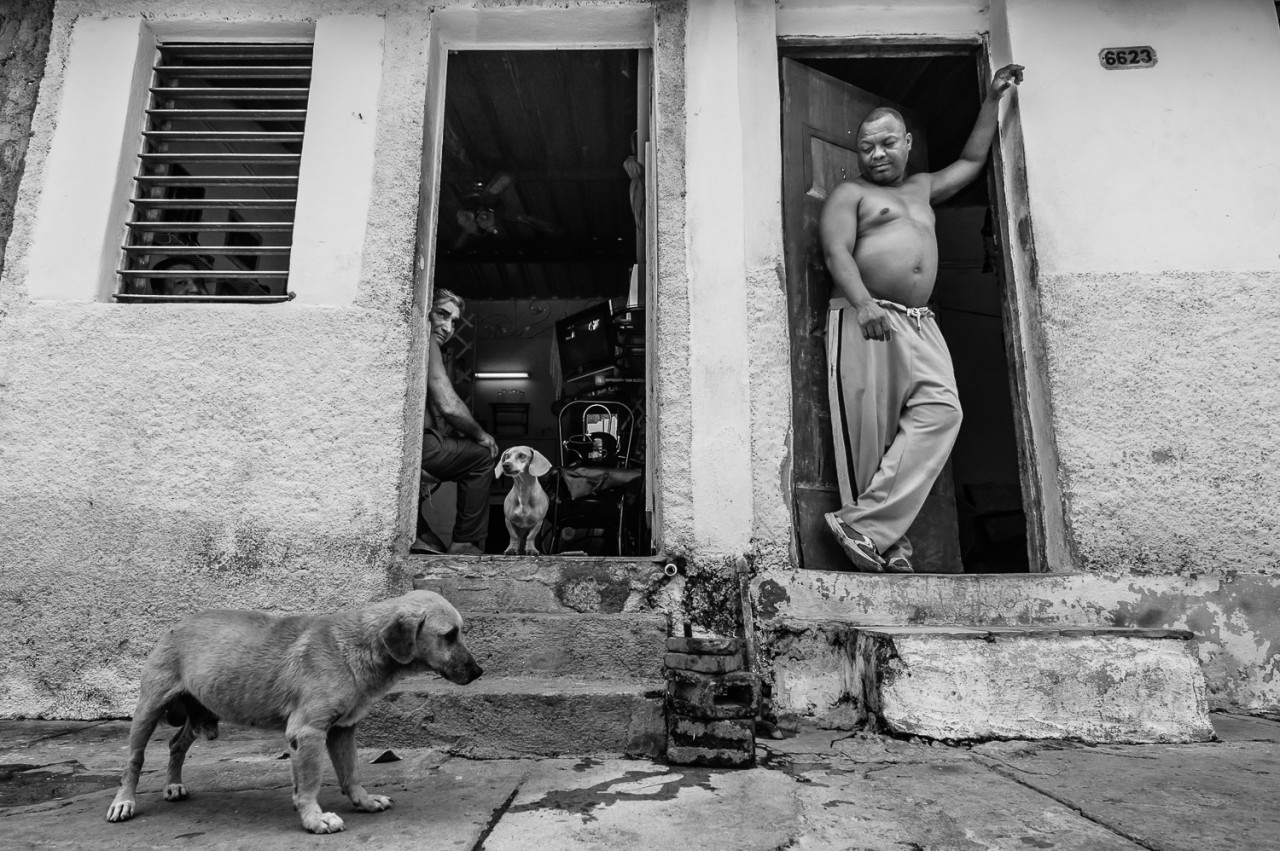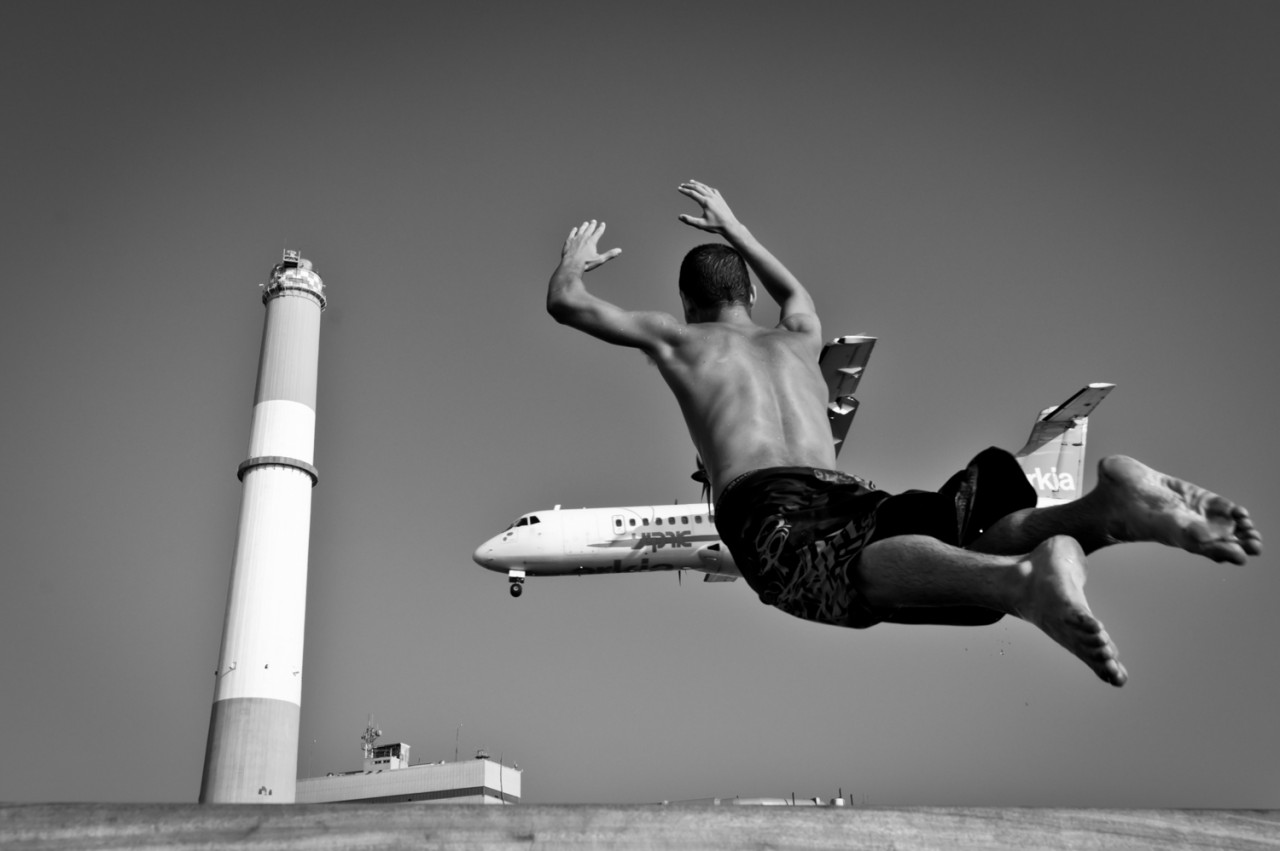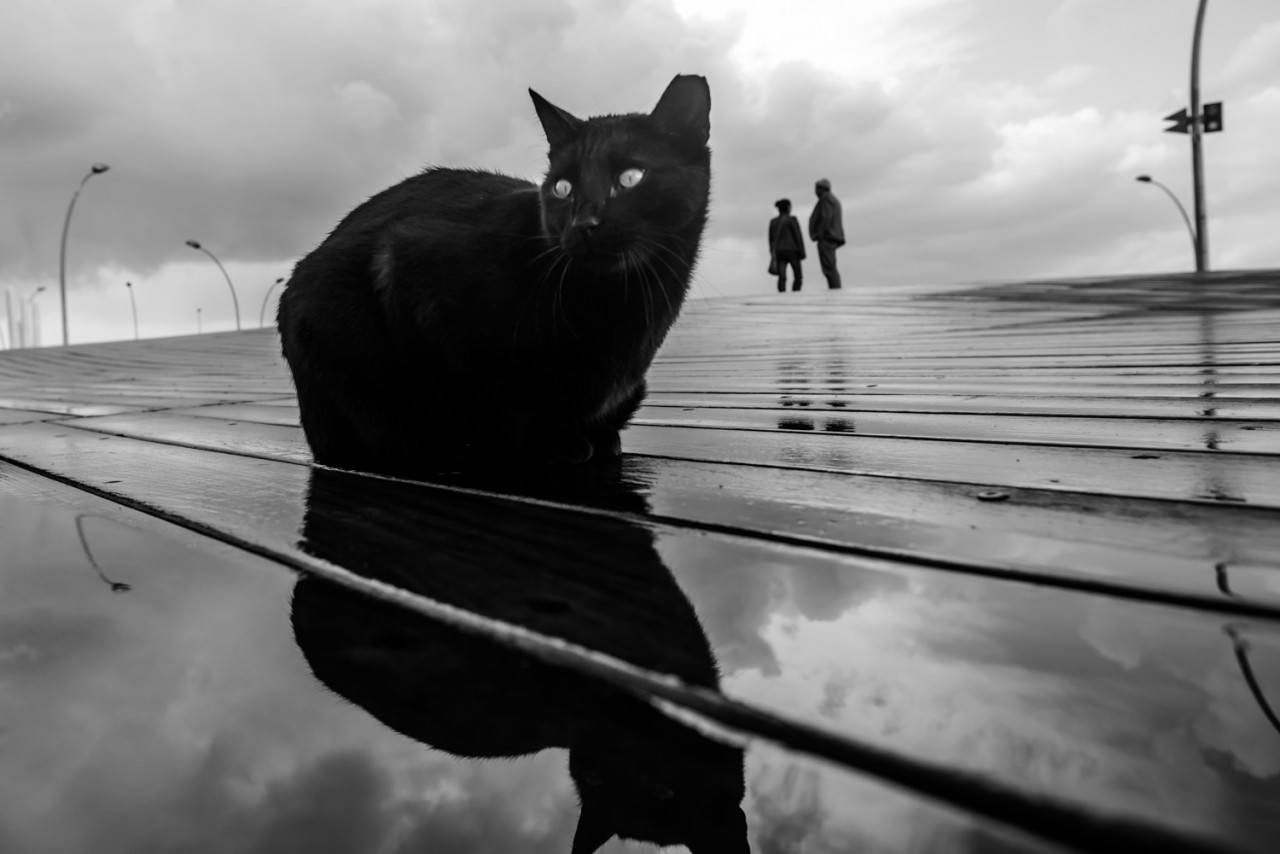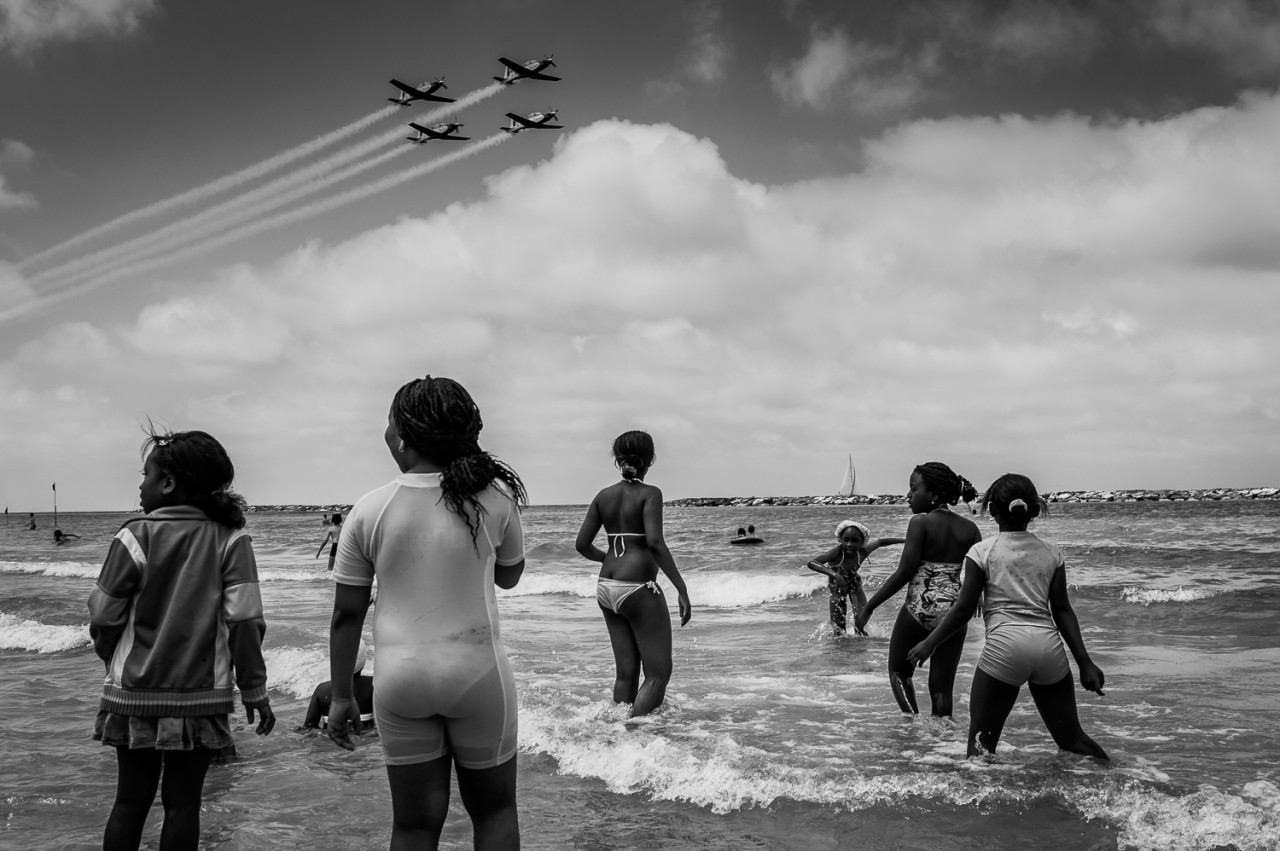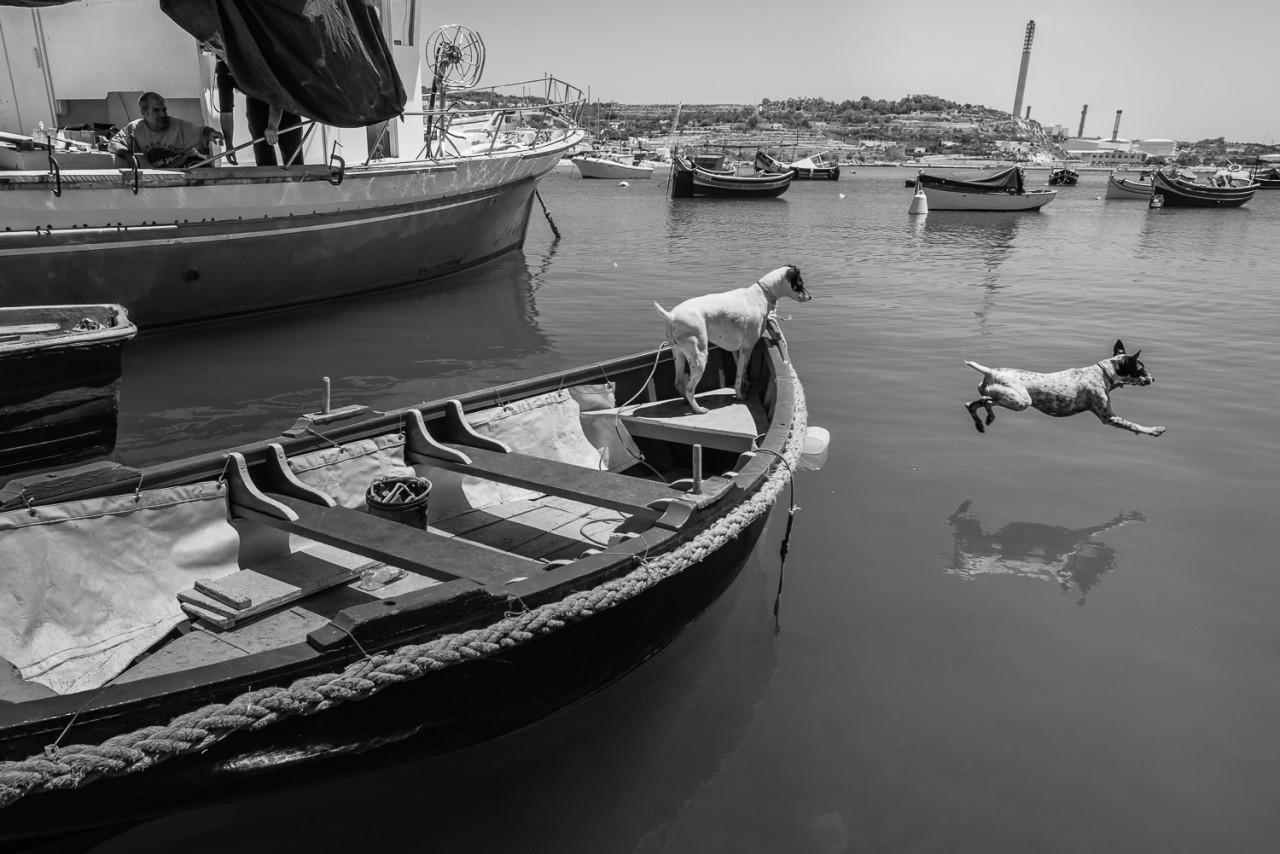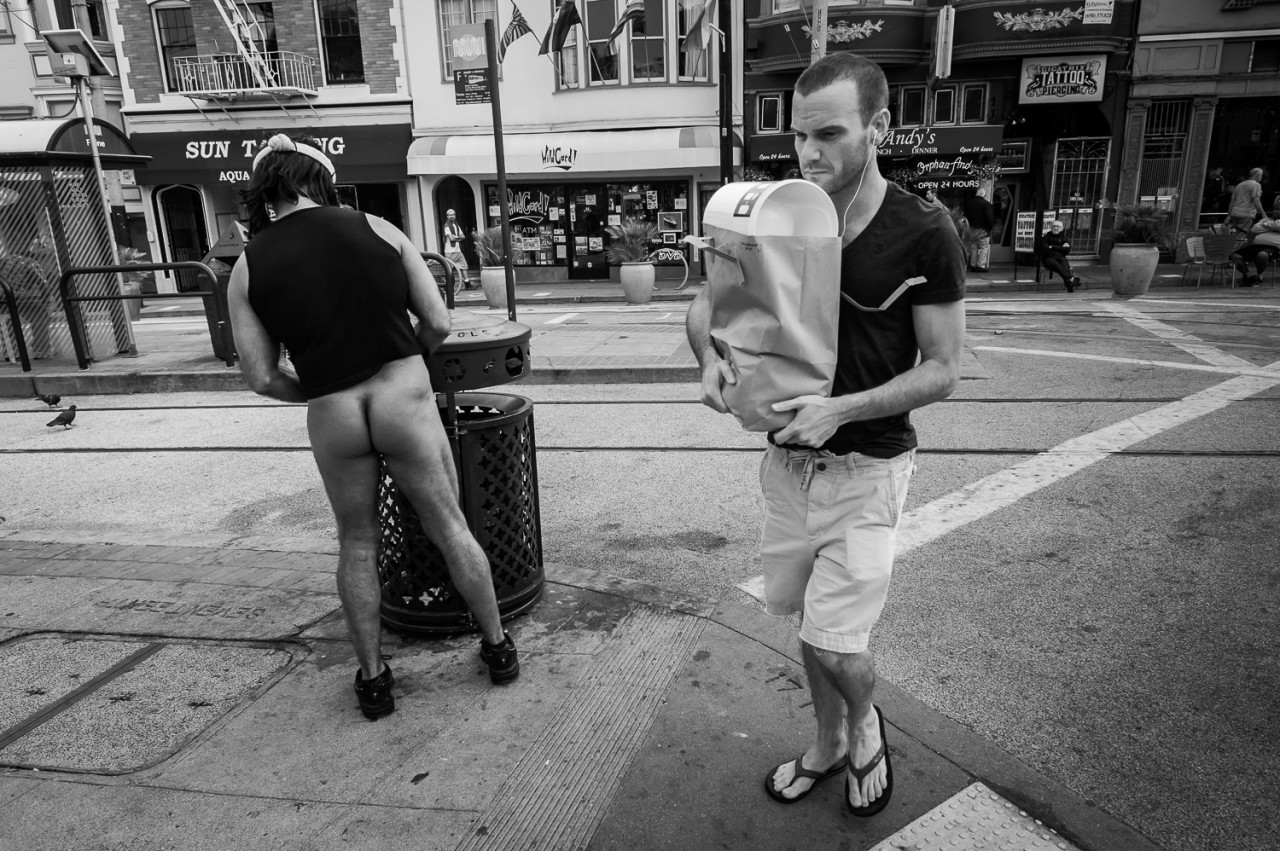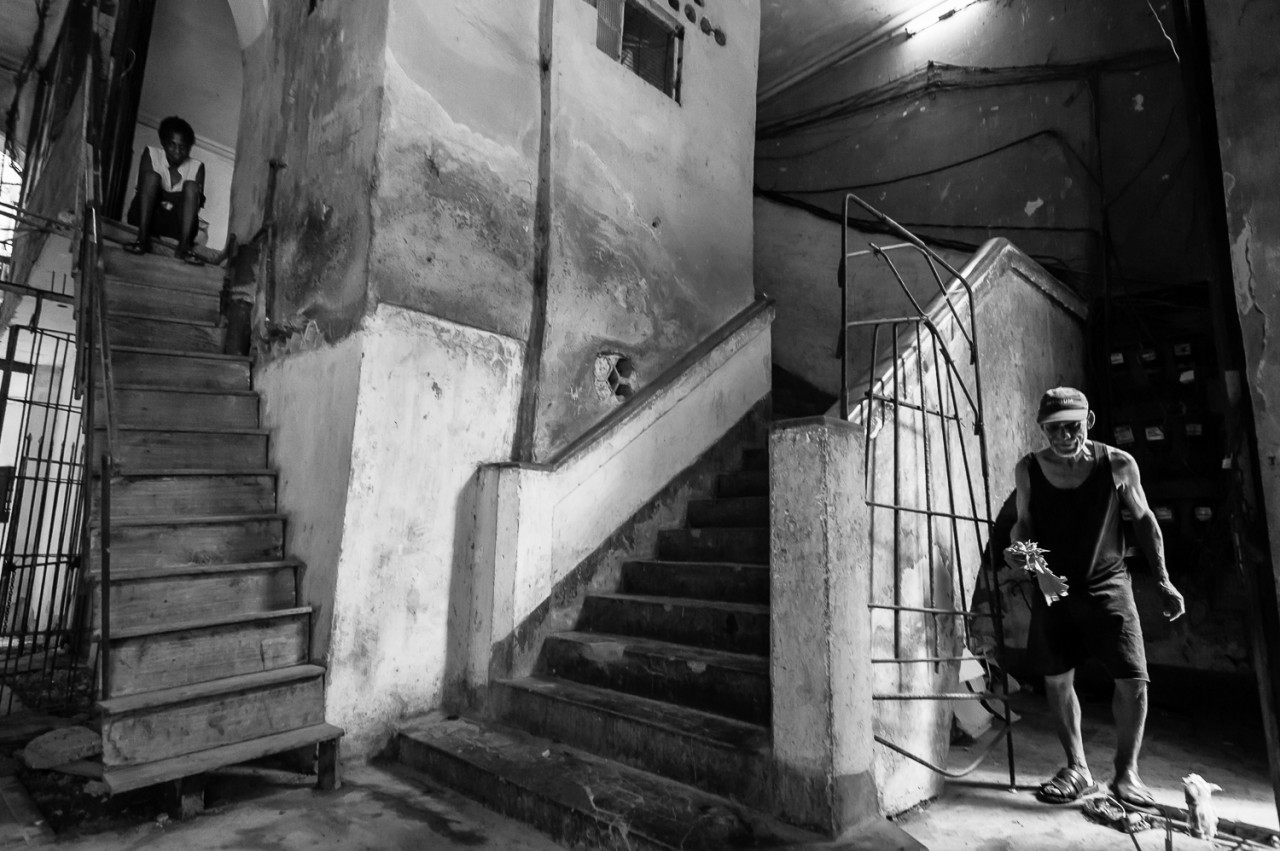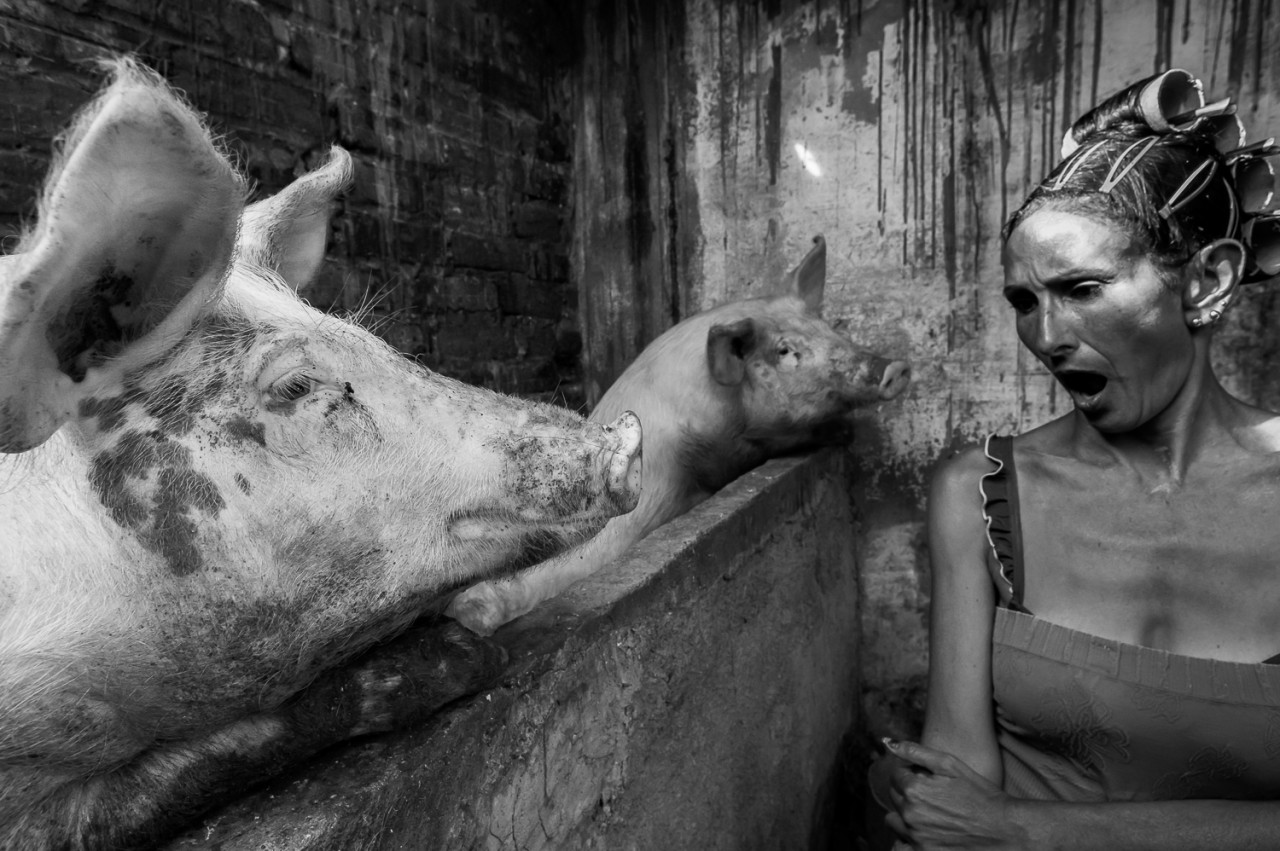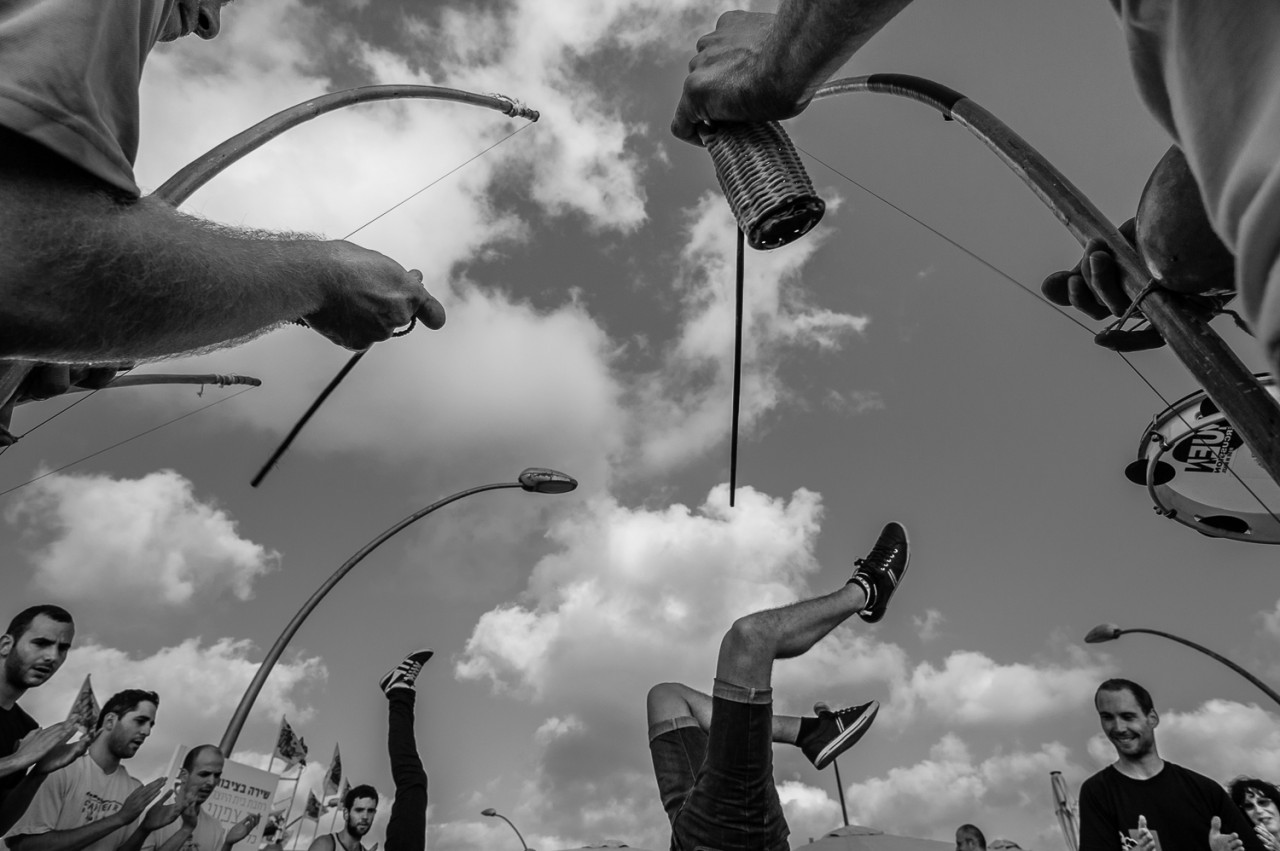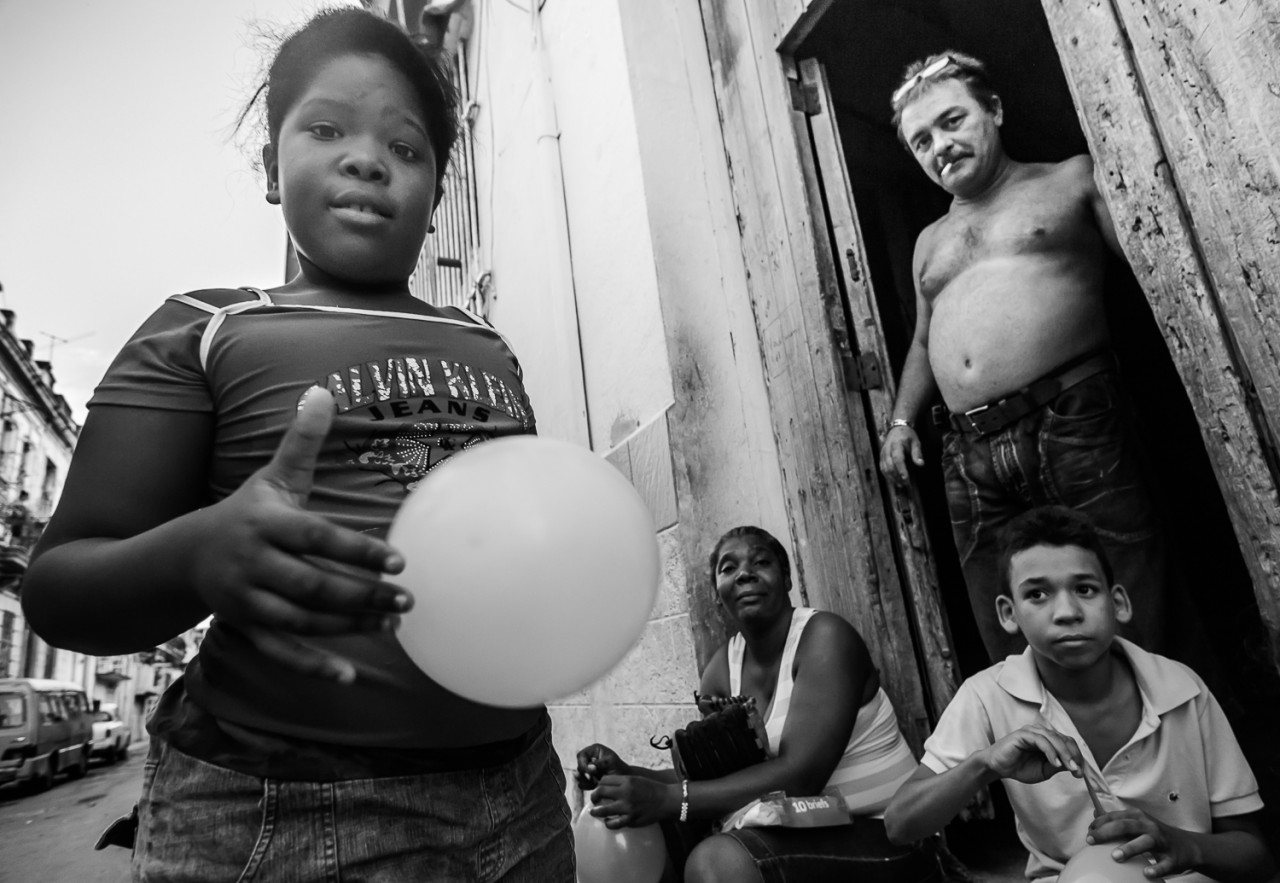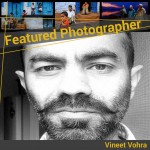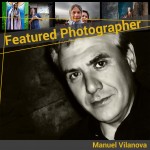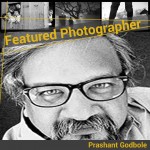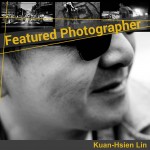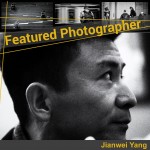Interview with Gabi Ben Avraham | Tel Aviv, Israel
Hello Gabi Ben Avraham, as one of our most showcased photographer we are honored to be able to interview you for our Featured Photographer format.
Please tell us a little bit about yourself to begin with.
I am 53 years old, married with three children. I work in a software company as an IT manager and live in a quiet neighborhood of Tel Aviv, the city which I grew up in, have never left and which is a part of me and my photographing.
Have you been involved in the arts in some form other than photography?
Not at all. This is my first interaction with art.
Seeing your remarkable work I am curious where your creativity comes from?
I do not know really. I guess it comes from the street, I am inspired by what I see, hear or even smell, I absorb the images and let them leave after they are being “processed”.
Could you share with us how you first became interested in street photography?
It all started long ago but I did not know it was “it”. During the 1980’s I photographed using film cameras. Even then I used to wonder in the streets of Tel Aviv in search of the extraordinary. I then stopped and have not touched a camera for 20 years until I received a digital camera as a gift for my birthday from my wife 4 years ago. The rest is history….
How did you learn about Street View Photography?
I met the Street View Photography community as a group of photographers via Facebook.
What equipment are you using now and with what did you get started?
I started with Nikon D-90 and Sigma 10-20 mm lens but nowadays I am using a Nikon D-800 with a 24 mm prime lens. Sometimes I am using 20 mm prime lens. I believe that SF needs wide lens and I work only with prime lens.
Can you tell us about your work flow from the point you first step onto the street until you showcase the developed picture?
Like a fisherman who goes to his daily work without knowing what he will catch, I take my camera and dive into the streets without knowing what will happen 5 minutes later. It is an adventure. I have my favorite places and I never come with the same photos. It is always different: the people, the light and shadows, the atmosphere. This is the fun part. The hard part is when I come home and try to make a selection of the best photos. I try to make minimal editing in the post-processing stage. When I do not find a reason for color I use B/W.
Do you like to shoot in a groups or are you rather out alone?
I believe a photographer should work alone. Even if I go with friends we split.
What would you say characterizes your work in comparison to other street photographers?
There are many excellent photographers whom I admire. I think what characterizes me is that I love taking photos of people in urban surrounding since there is always a story to catch. The street is not a studio. Sometimes I stand and wait for things to converge – a cyclist, a dancer, a child – moving along. They are not aware that they are moving towards a certain object, but I am. Via the camera lens I am constantly looking around me, searching for that ‘decisive’ moment that will never return, unless I catch it. When pushing the button, I try to make some sense, restore order to the chaotic scheme of things in the composition. The components ‘speak’ with each other in a special dialogue, either by color, shape, or light. Capturing the elusive, special moment after which things will never be the same and making it eternal, that is my goal. Forgotten, transparent people in urban surroundings are being granted their moment of grace. The shadows, fragile outlines, reflections within daily lives that are not noticed in the busy and thick urban landscape and sometimes are even crushed by it, these are precious to me
Has your style of shooting changed since you first started?
Of course it has. First, I was looking for shadows and reflections, I exercised some techniques and focused on different issues such as complicated compositions, working with light and finding a story with an idea, till I found my own style.
Do you often interact with your subjects, and if: before or after you got your shot?
I prefer no interaction with my subjects in order to leave reality as it is.
Do you see your personality reflected in your work?
I think it is more the reflection of me seen by others. After looking at my photos, people sometimes tell me that my images are sinister or sad. I guess part of me is there.
Among your works, which is your favorite and why?
I cannot tell which is my favorite work. Nevertheless, I have a soft spot for the whole Cuba series…
Did you ever take photograph which compromised your emotional balance in a deep and profound way
When I made the “Social Protest” project with regard to the temporary tent city in Tel Aviv in the summer of 2011, I believed that photos can actually change reality. Another subject I was very much involved in was the Sudan refugees. I did some shooting of some of them in a rainy day under a plastic mat in south Tel Aviv. This was a very strong photo and thousands of people saw it and gave them food and shelter. I was deeply touched then.
Tell us your funniest or most awkward street photography story
When I visited Cuba, I was invited to a home and after a moment found myself surrounded by pigs!
What are some of the most important lessons you have learned from shooting on the streets?
I learned a few things from SF which I can share: first, try to find the story behind the scene, via using a wide lens. Second, establish connection or contradiction between the objects to create a surrealistic impact and third, use the light and color to strengthen the composition/story.
The most important thing I have learn is to be open to critics from people you value their opinion, not to fall in love with your own work and learn to be cruel and selective when necessary
What would you tell a newcomer who asks for your advice on how to start
Look at other photographers’ works on the Web and try to build your own style. Exercise a lot with the camera, find your own Master and be open to critics.
Thank you for this interview Gabi!
See more of Gabi Ben Avraham Work here.
Follow interesting discussion on street photography in our Forum.
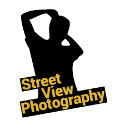
 Follow
Follow

